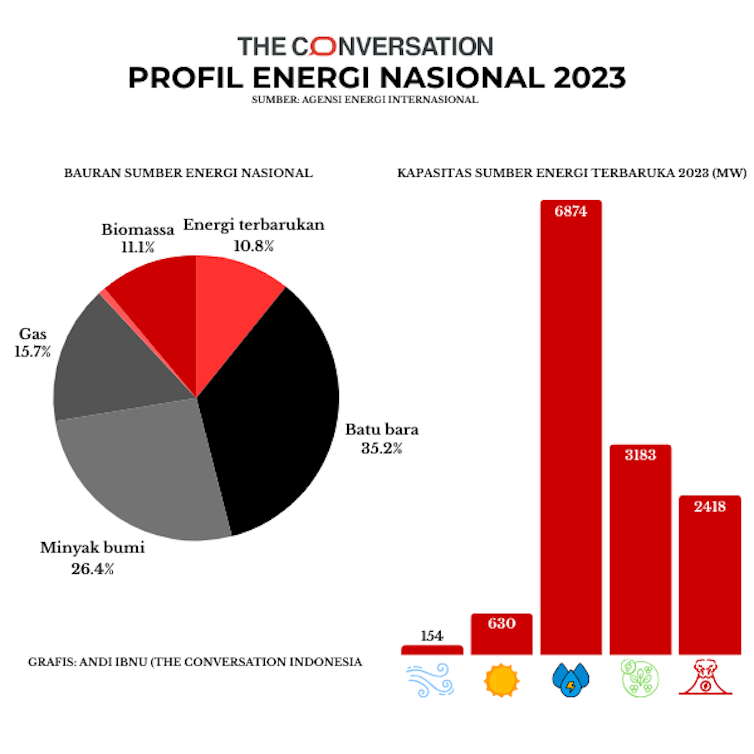Callsign survey says half of consumers blame banks, retailers, social media companies and telcos for scam message explosion
- Written by Callsign
HONG KONG SAR - Media OutReach[1] - 23 September 2021- Callsign, [2]the digital trust pioneer reveals that consumers think banks, retailers and mobile operators need to do more to protect them and their personal information from fraudsters. Trust in these organizations is eroding fast because consumers say they are overwhelmed by scam messages from fraudsters spoofing brand names daily.

The problem has become so pervasive that consumers mistrust the technology, processes designed to protect them from fraudsters and confirm identities with many adamant that users must prove beyond doubt who they are when logging in to use a platform, and that there should be an online identity system to quell the surge of scams.
"Callsign's data demonstrates that consumer trust in our digital world has vanished and, rightly or wrongly brands, are being blamed. Yet the sense is that little is being actually done to purposely re-establish digital trust through complete and accurate digital identities," explained Stuart Dobbie, Senior Vice President, Innovation, Callsign.
The survey of global consumers – including Hong Kong, India, Indonesia, Philippines, and Singapore - revealed that almost half (45%) of consumers say their trust in businesses such as banks, retailers, mobile network operators and delivery companies, has decreased due to persistent scams spoofing brand names. With global consumers (42%) asking mobile network operators to do more to stop scammers using their platforms, and a third (33%) asking the same of banks.
People claim to have received scams through email (67%), SMS (57%), phone (46%), messaging apps (33%) and social media (23%) in the last year. But over a third (37%) of global consumers don't know where or who to report a scam message to, or simply get too many to bother (34%). Over half of all consumers don't trust organizations to keep their data safe; 43% of scam victims react with suspicion wanting to know where fraudsters got their details.
"The solution lies in re-thinking how we fight fraud and how we identify people online. Current approaches tackle both challenges by only identifying fraud," said Namrata Jolly, General Manager - Asia Pacific, Callsign. "The problem with this approach is that a fraudster using stolen credentials looks like a genuine user gaining access to accounts or executing transactions. If instead fraud strategies look to positively identify only genuine users, this automatically and simultaneously prevents fraud."
Callsign's technology involves the layering of behavioral biometrics over threat detection, device, and location data. Through a simple swipe of a phone, typing pressure, mouse movements or device angles, users can be personally recognized to a 99.999% accuracy. Organizations eliminate one point of failure in the authentication process and achieve two-factor authentication with minimal friction.
"With consumers feeling the brunt of perceived inaction by organizations, it's no surprise that they are asking for more protection. If we continue to be unable to know and trust that the person is who they say they are online, large parts of our society will stop working.
Digital Trust is about the confidence we have in the technology, processes, and people to secure our digital world. Digital Trust is underpinned by digital identities, and the fact that scams are running wild proves that our digital identities are well and truly broken. It's time to re-think fraud prevention strategies, identifying genuine users through their behaviors will allow us to identify users online and re-establish digital trust," concluded Dobbie.
Editors notes.
*All figures, unless stated are from Opinium. The total sample size was 9568 adults with the following national breakdown: Brazil, 1000; Germany, 1000; Hong Kong, 420; India, 553; Indonesia, 541; Philippines, 529; Singapore, 457; UK 1000; USA, 2003.
Regional samples; Benelux, 500; Middle East and Africa (UAE, KSA, Qatar, Bahrain, South Africa) 1065; Nordics; 500. The fieldwork was carried out online by Opinium in June 2021.
References
- ^ Media OutReach (www.media-outreach.com)
- ^ Callsign, (www.callsign.com)
Authors: Callsign





